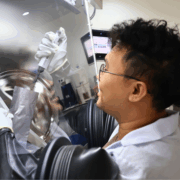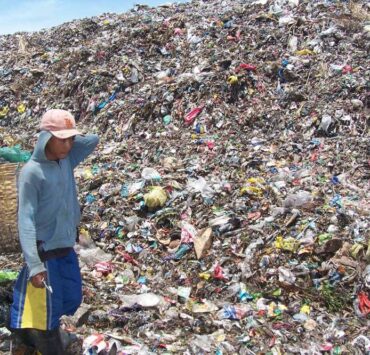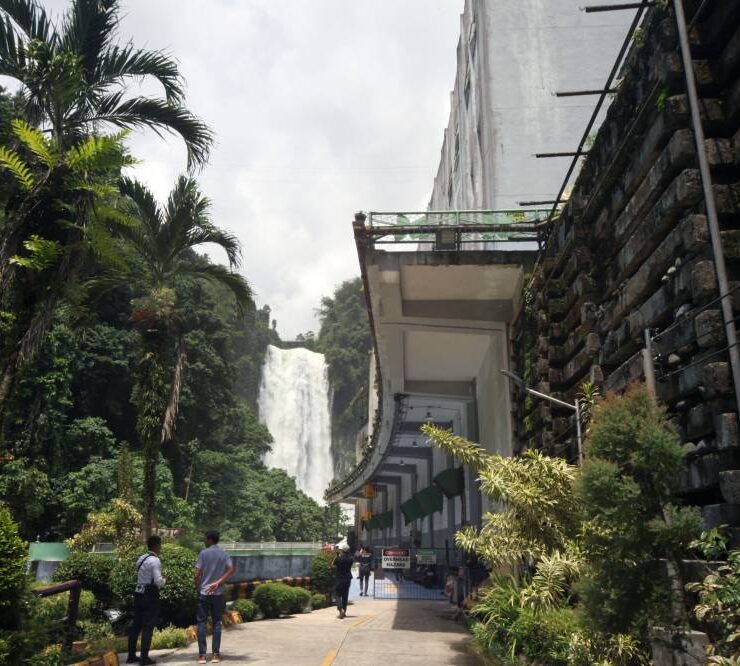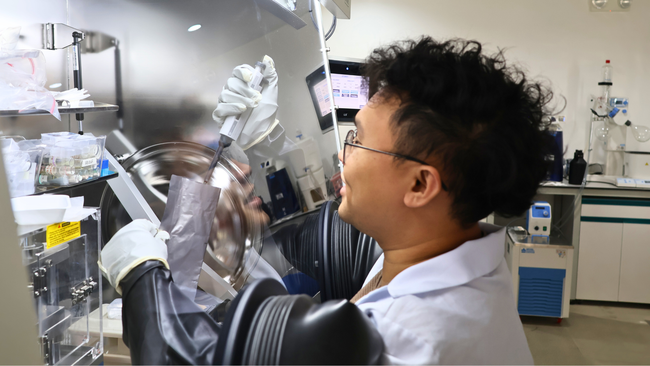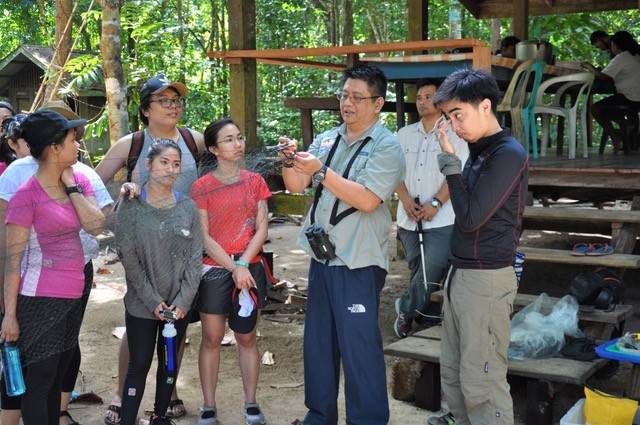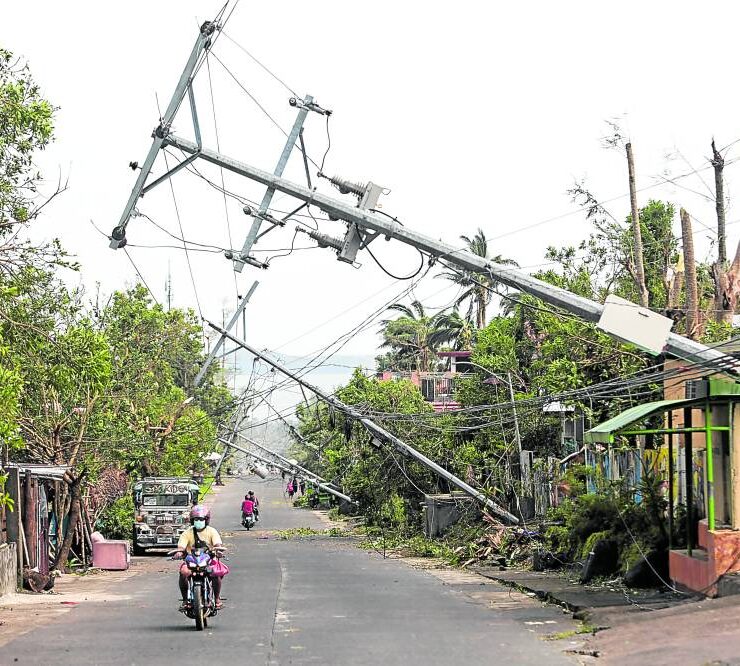NPAP: Collective push for circular economy
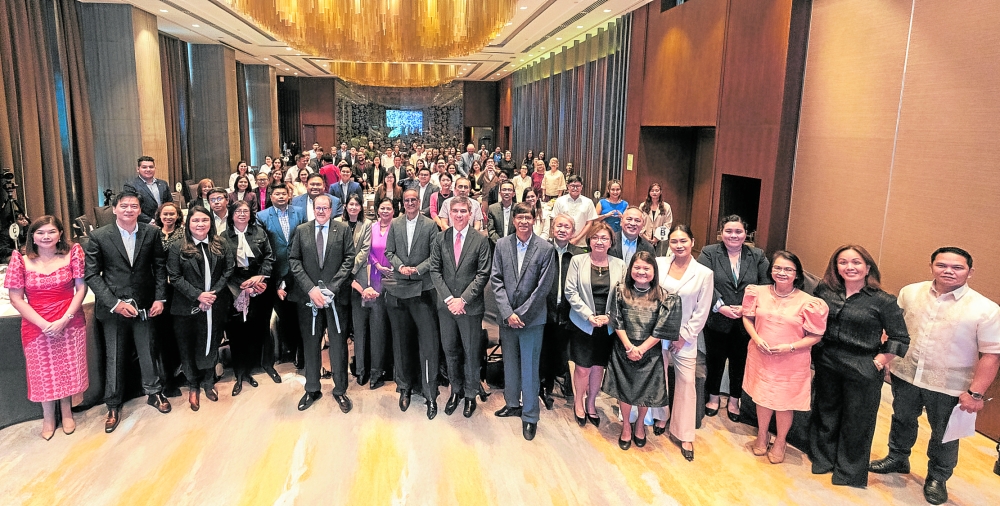
To achieve the massive task of eliminating plastic pollution and achieving a circular economy in the Philippines, leaders from various sectors have come together to share their commitment and combine their expertise to establish a common action roadmap.
The newly launched National Plastic Action Partnership (NPAP) is a local platform that brings together members of the government, private sector, civil society, academe, and development partners to eliminate plastic pollution and support the transition to a circular economy. NPAP is led by the Department of Environment and Natural Resources (DENR) and is supported by the World Economic Forum’s Global Plastic Action Partnership (GPAP) and partners like the UK Government, the Government of Canada, and the Coca-Cola Foundation, with the United Nations Development Programme as the secretariat.
“This platform will catalyze the transition to a circular economy, one that views plastic waste not as an insurmountable burden, but as an opportunity,” said Environment Secretary Ma. Antonia Yulo-Loyzaga. “By adopting circularity, we can transform waste into resources, reduce environmental pressures, and enhance the economic and social well-being of all.”
The creation of the NPAP stems from the existing GPAP which has been establishing plastic action platforms and creating tailored roadmaps in at least 20 countries since 2018.
“These roadmaps address critical areas such as financing, trade, biodiversity, and gender equality and social inclusion, ensuring that solutions are both comprehensive and aligned with national priorities,” said World Economic Forum GPAP Director Clemence Schmid.
At the global level, the GPAP contributes to multilateral efforts such as the Global Plastic Treaty by making sure local insights inform global dialogues.
Although the Philippines has made strides in waste management policy such as the creation of the Extended Producer Responsibility law, which shifts the responsibility of plastic waste management to producers, it still has a long way to go to stop the leakage of plastic waste into the environment.
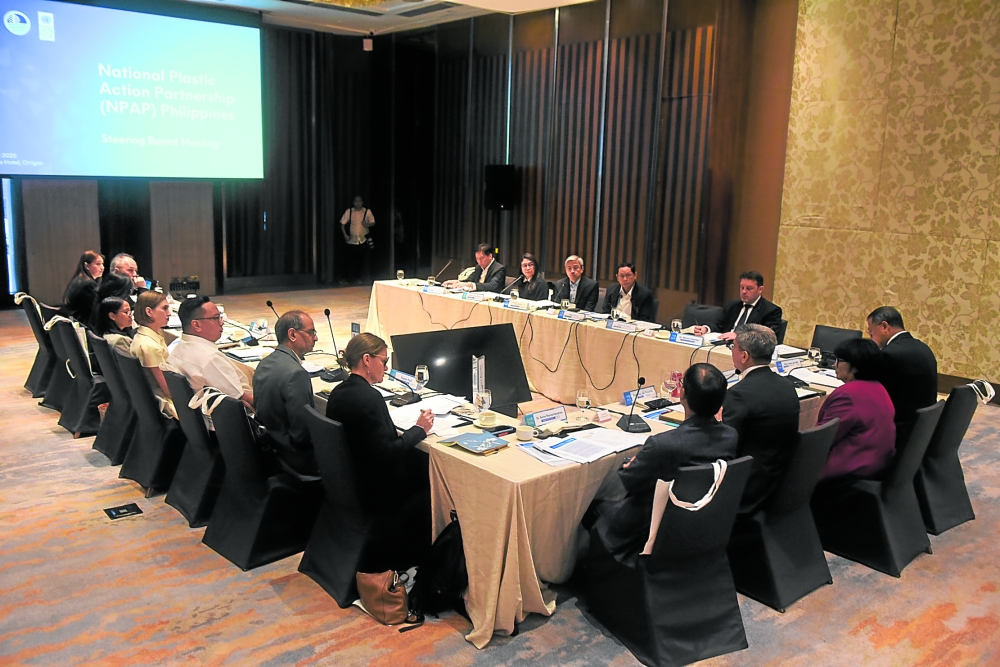
Staggering numbers
In 2021, a World Bank report found that the Philippines generates about 2.7 million metric tons of plastic waste each year, with 20 percent leaking into the ocean. The country produces about 61,000 MT of solid waste daily, including more than 163 million sachet packets, 48 million shopping bags, and 45 million thin-film bags.
Of these numbers, 33 percent are disposed into landfills, while 35 percent leak into the open environment and oceans.
The staggering numbers underscore the urgent need for consolidated action in the form of a National Plastic Action Roadmap, which has been scheduled for launch in 2025. NPAP’s first step is to develop a comprehensive baseline analysis which will inform the roadmap with data-driven strategies.
NPAP also focuses on creating inclusive solutions, ensuring marginalized groups such as informal waste workers are taken into account in the transition and other sociological factors such as gender equality are factored in. The roadmap will include a social context assessment to understand the challenges of vulnerable sectors and to include a gender and inclusion strategy.
“At the heart of NPAP is a commitment to act together collectively and decisively,” said Katherine Custodio, executive director of the World Wide Fund for Nature (WWF) Philippines. “Through NPAP, we aim to contribute more to our country’s systemic and whole of society response to the plastic pollution crisis and transition to a circular economy.”
Piloting solutions
WWF-Philippines sits in the steering board of NPAP, but prior to the partnership launch, the organization has been piloting and implementing plastic waste solutions since the launch of its No Plastics in Nature program in 2018, by working with communities in the waste management sector, including supporting informal waste workers.
These solutions include providing knowledge and livelihood support and opportunities to empower communities to be educated and involved in the fight against the plastic pollution crisis that ensures their own economic growth. WWF-Philippines is also active in engaging local governments to institutionalize solutions into waste management policies that will sustain and expand the gains of these solutions.
Through these projects, NPAP has identified the potential and effectiveness of creating value from waste as well as the benefits of engaging communities not just as beneficiaries, but as active partners. Through workshops and dialogues, the communities were able to contribute their own knowledge and practices to further improve the ways waste is collected and managed in their areas. With NPAP, WWF-Philippines seeks to scale these solutions and apply these lessons to drive and accelerate more impact on plastic waste management.
“Rooted in our mission of building a future in which people and nature thrive, and drawing on our global network, we commit to continuously reflect on our role in this, to sharpen our focus on real change and measurable impact on the ground and in our oceans,” added Custodio. “Equally, we aim to ensure that those who live closest to nature, whose homes and livelihoods are at stake, are at the discussions on decisions that impact their lives.” —CONTRIBUTED













